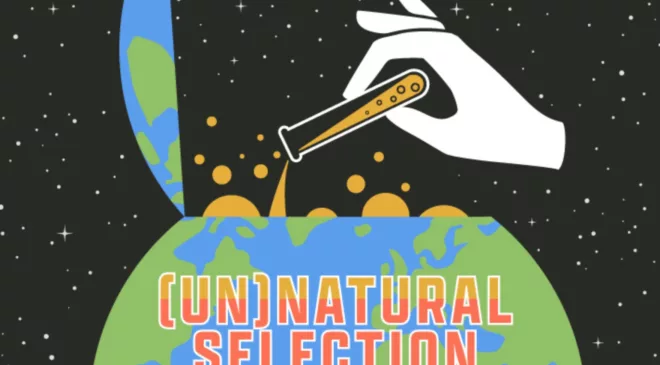Article content
Our story about Imants Baruss, a psychology professor at Western University’s King’s University College, and his work studying the phenomenon of reported “after-death communication” between people and their deceased loved ones – normally the stuff of YouTube conspiracy videos, not peer-reviewed academics – provoked a strong reaction from several readers. Here’s a sampling of the responses.
Article content
ONE STRANGE TEXT
“I had been looking for my birth father my entire life [he disappeared when I was a baby – long story]. Finally, in my 70s, I took a DNA test and discovered I not only had a half-sister but an entire new family. Sadly, my father had passed away years earlier and I was too late. However, you can imagine all the talking and texting back and forth between all of us. I was thinking of him every single day and even dreaming about him at night. His name was Tom Scholes. Now this is the interesting bit: I have never known anyone named Tom, definitely not in the last few decades, if I ever did. One day as I was pondering all of this, the house phone rang. I had a habit of ignoring the phone and didn’t answer unless there was an expected message. When I went to look, the call display said TOM. I called back, no one was there. Coincidence? “ – Jacky Ridley
CASE OF SERENDIPITY
“So I believe spirits can actually guide you through technical devices. This is what happened with me while I was doing some editing on the memorials I’ve done for my ancestors on findagrave.com. I have about 300 of them that I did during the pandemic. It’s like a Facebook for the dead, really. I use many different resources like Ancestry.com and newspaper archives to get death dates and any information about the person as well as birth dates. So I decided to pick my grandfather’s cousin and complete her birth date and death date. As I was doing it I realized that day was her actual birthday. Isn’t that amazing?” – Patrick Nowlan
Article content

LOVE NEVER DIES
“Lou and I met in December 1960 and married in April 1963. He was diagnosed with chronic kidney disease in February 2007. We then were at doctors’ at London Health Sciences Centre for the next eight years followed by dialysis three times a week. In September 2019 he made the decision to discontinue this treatment, knowing that this would be the end of his life and, from that time, he started palliative care at home. He passed at 2.30 a.m. Oct 24, 2019, at the age of 76. We were together for 59 years and married for 56 of them. After he passed, he would call out to me during the night and even appeared to me with a smile. It doesn’t happen much anymore, only very occasionally, and I think it’s because I do think and talk about him sometimes. Love him forever.” – Doris Kannon
FINAL FAREWELLS
“Two days after my mother’s death at 3 a.m., I woke up and heard mother’s voice saying: ‘Oh I am so sorry.’” Then, I visited my sister’s husband, Ross, who was at an end-of-life facility. He said: ‘Johnny pull these tubes out of me and take me home.’ I said: ‘Sorry, I couldn’t.’ And after praying for him, I went home. He died that night. Three nights later, I was asleep when something hit my shoulder and woke me. I looked ahead and saw Ross – who raised his arm and waved as he disappeared.” – Name withheld
FINAL THOUGHTS
“How long does consciousness persist after death? I know the answer to this, because when I was changing pacemaker batteries as a resident on the cardiology service at Victoria Hospital, I would ask patients to start counting when we unplugged their pacemaker. The answer is seven seconds.” – David Spence, professor emeritus of neurology & clinical pharmacology, Western University.
Share this article in your social network





